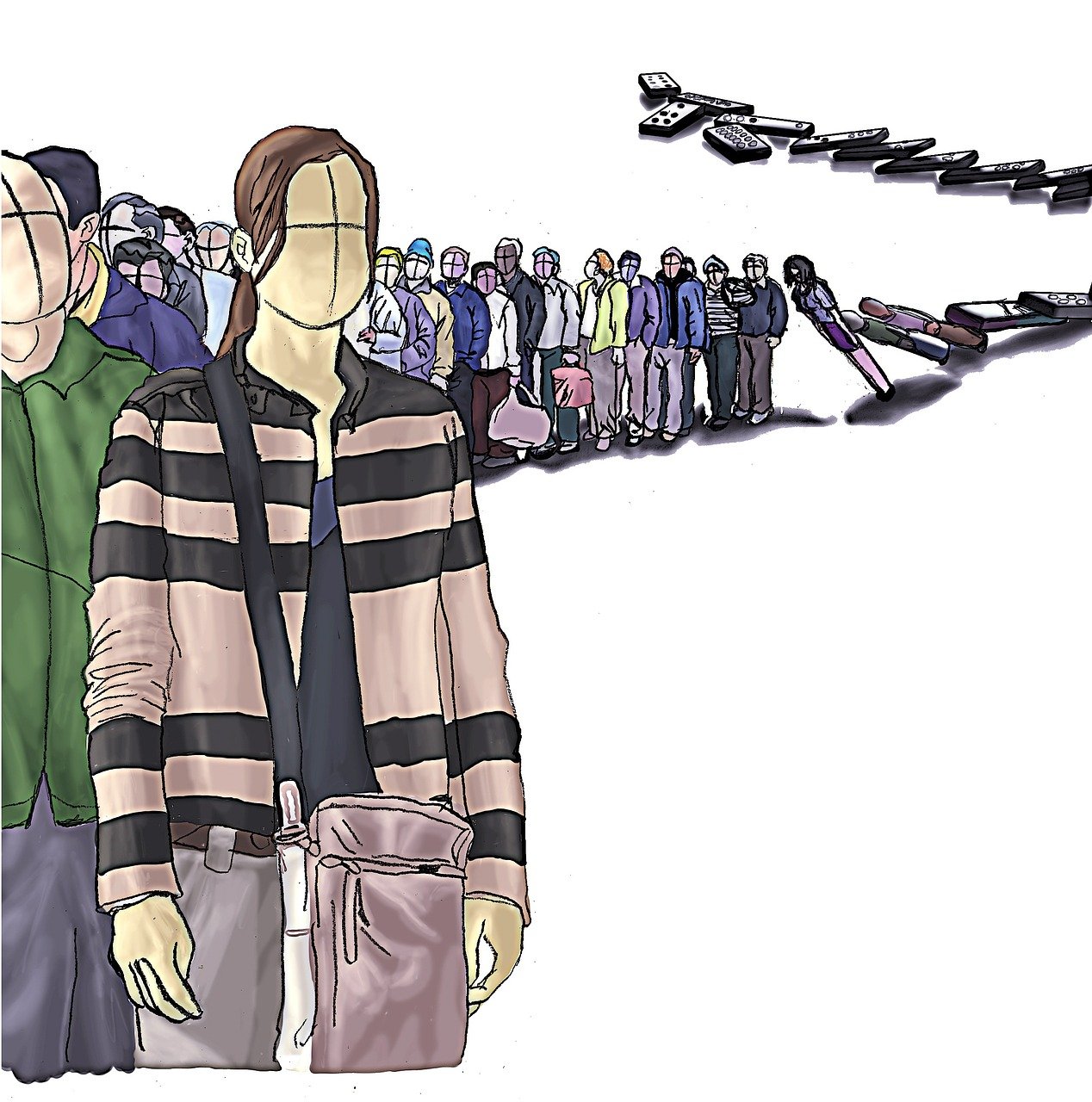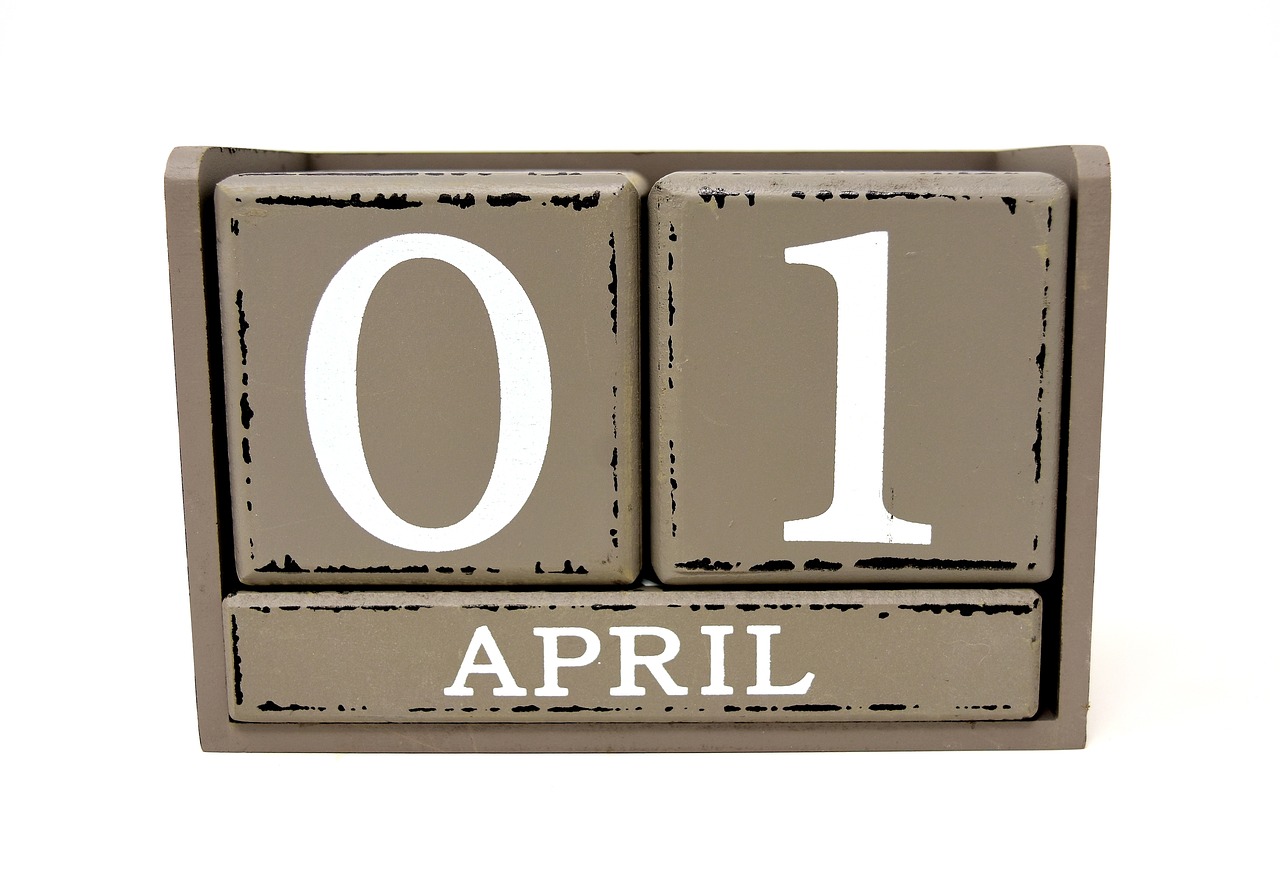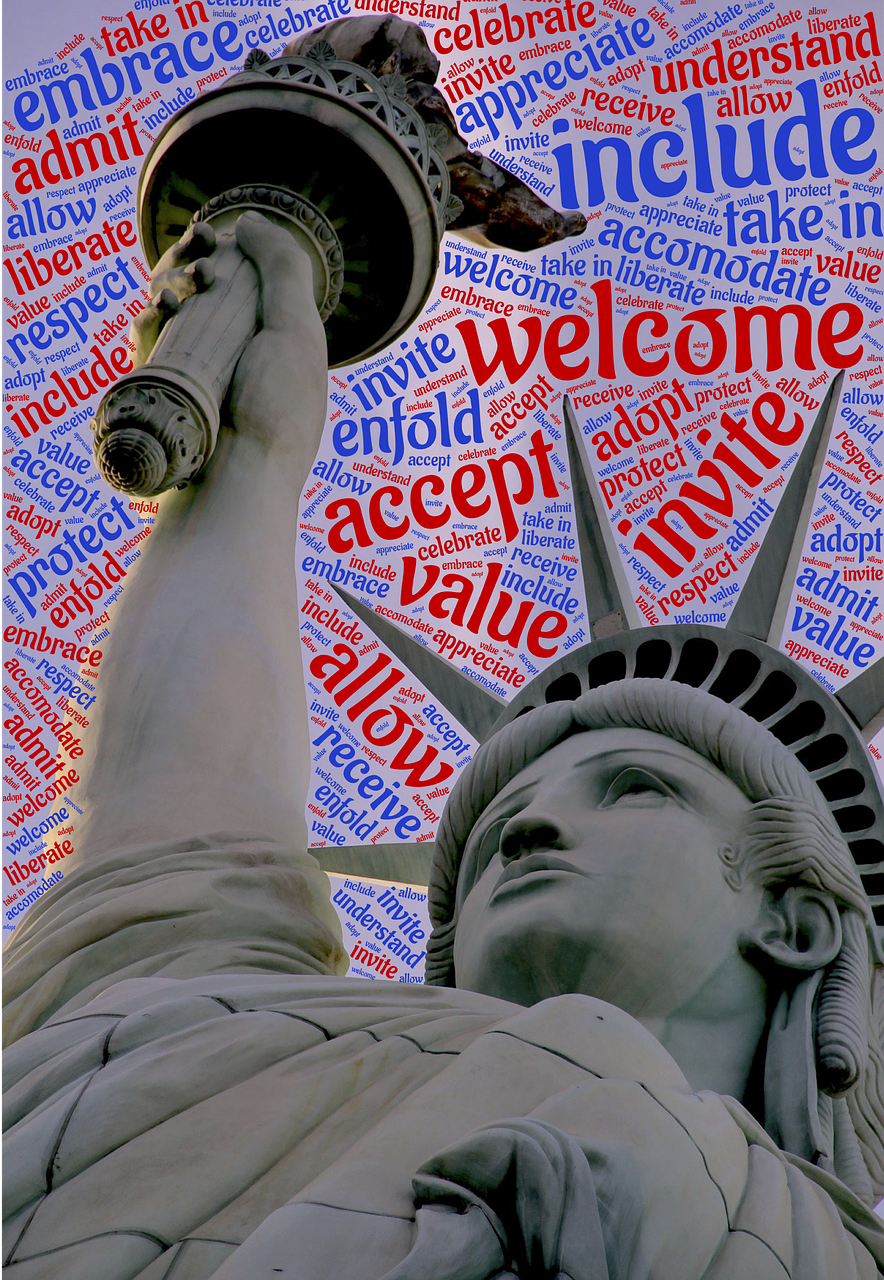In this blog post, we cover the newly released Immigrant Visa Backlog Report published by the Department of State. April’s report provides the latest data and statistics relating to the processing of immigrant visa applications at the National Visa Center.
This data includes information about the number of documentarily complete immigrant visa cases currently at the National Visa Center waiting for interviews, the number of cases that were scheduled for interviews by the end of the month, and the number of immigrant visa cases still waiting to be scheduled for a visa interview after interview appointment scheduling was completed.
The April Immigrant Visa Backlog Report
According to the National Visa Center’s April Immigrant Visa Backlog Report there has been an increase in the overall immigrant visa (IV) backlog from 326,415 pending cases in the month of March, to 351,624 pending cases still waiting to be scheduled for a visa interview at the end of April. By comparison, in February, there were 338,256 pending cases waiting for interview scheduling.
On the bright side, the Final Action dates in the April and May Visa Bulletin have shown substantial forward movement for nearly all family-sponsored categories. This has enabled more family-based immigrant visa applications to become documentarily complete and receive interview scheduling at U.S. Consulates and Embassies worldwide. Unfortunately, the same cannot be said for the employment-based categories, which have remained stagnant with little to no forward movement in recent months.
Additionally, when comparing the March and April Immigrant Visa backlog reports, we can see that the number of immigrant visa applicants whose cases were documentarily complete and therefore ready to be scheduled for an interview at Consulates and Embassies increased from 374,532 (as of February 29, 2024) to 404,459 (as of March 31, 2024). Of these cases, only 52,835 applicants whose cases became documentarily complete were scheduled for interview appointments in April 2024. By comparison, only 48,117 applicants were scheduled for interview in March.
 Visa Lawyer Blog
Visa Lawyer Blog










